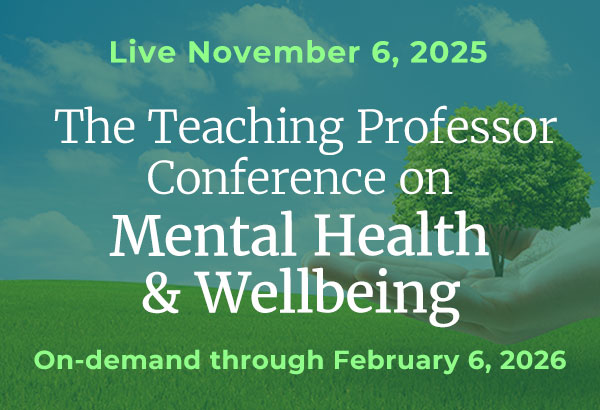
Strategies for Managing Feedback on a Large Scale
About a year ago, I decided to combine the ideas of a syllabus activity and a get-to-know-students activity. Using Microsoft Forms, I created an introductory exercise to share with students a week before the first day of classes. This optional activity included short videos related











